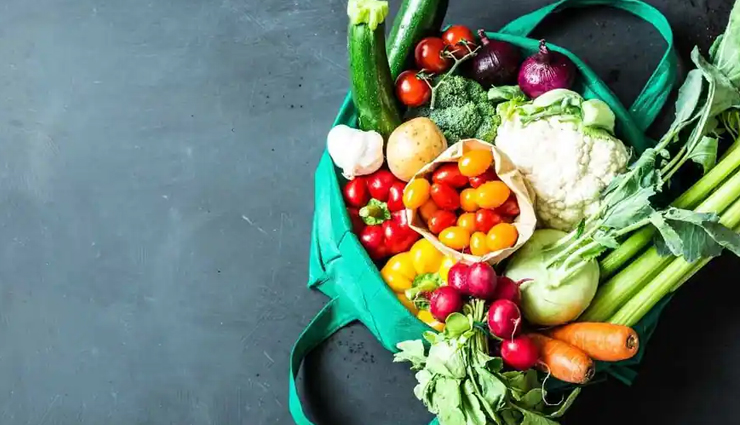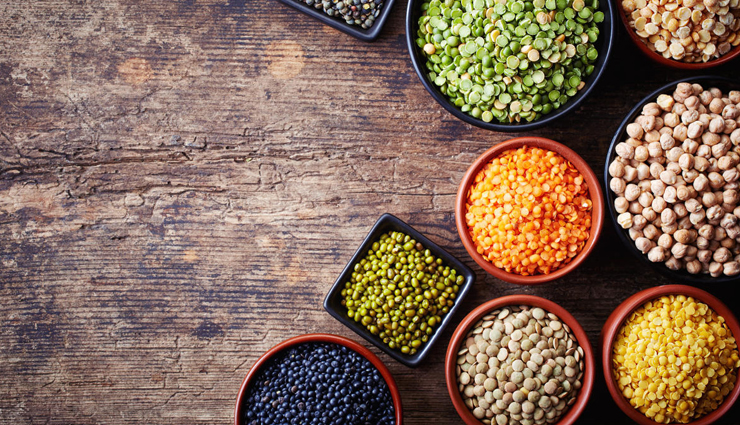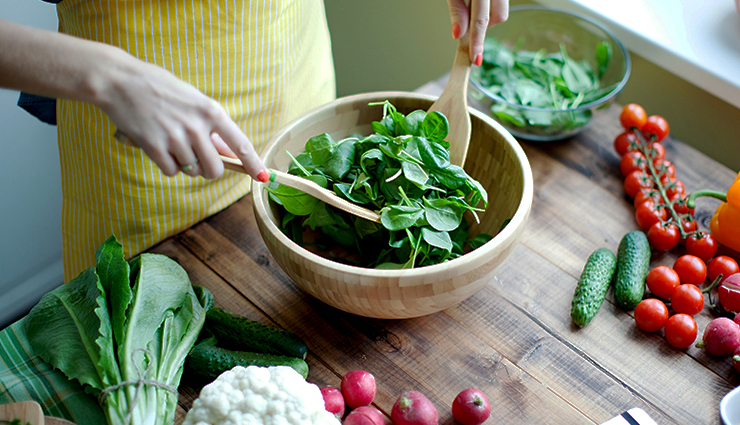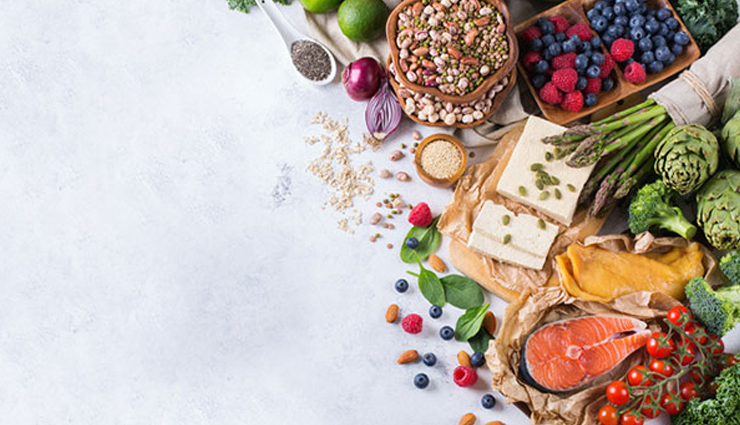- Home›
- Healthy Living›
- 15 Things To Keep In Mind While Beginning Your Switch To An Anti Nutrient Free Lifestyle
15 Things To Keep In Mind While Beginning Your Switch To An Anti Nutrient Free Lifestyle
By: Kratika Mon, 24 Jan 2022 6:36:58

Optimum nutrition is, quite simply, giving your body the best possible intake of nutrients to allow it to be as healthy as possible and to work as well as it can. But optimum nutrition is not just about what you eat—what you don't eat is just as important. In the past several years, man-made chemicals such as pesticides, antibiotics, and hormone residues have become mainstream in our food supply.
These chemicals act as "anti-nutrients," meaning that they stop nutrients from being absorbed or used, or encourage their excretion from the body.
Many diseases of today, from arthritis to cancer, come just as much from an excess of anti-nutrients as by a deficiency of nutrients; an overload of anti-nutrients decreases the body's ability to detoxify itself, toxins such as pesticides accumulate in fat tissue, and because our bodies lack the enzymes necessary to break down these synthetic chemicals, disease can result. Therefore, it is equally important to be mindful of avoiding chemicals and anti-nutrients as it is to be concerned with getting the proper amount of nutrients from food.

But most food labels don't tell you everything, and unless you eat only organic food, then one in three of all the foods you eat contains traces of pesticides, which can quickly accumulate. In fact, data has estimated that the average person consumes the equivalent of one gallon of pesticides a year from their fruits and vegetables. This is extremely problematic as exposure to pesticides has been linked to depression, memory decline, aggressiveness, asthma, headaches, irritable bowel syndrome, and Parkinson's disease. One might ask, if pesticides are so harmful, why are they allowed?
The reason: it is argued that low levels of pesticides aren't harmful to humans. But the safety tests that have been done on pesticides only test them individually; no one has tested the number of combinations of pesticides that we are all exposed to, and pesticide combinations may be several times more toxic than individual pesticides. To further the problem, anti-nutrients can also come from any food that requires more nutrients for the body to make use of it than the food itself provides because living on these low-nutrient foods gradually deprives the body of essential nutrients.
They can also come from unclean water, fried foods, plastics, pharmaceutical drugs, and environmental toxins such as air pollution. In short, we are getting bombarded with chemicals and pollutants from our food, water, and air, which adds up to a huge amount of accumulated anti-nutrients in the body. It's no wonder that the incidence of cancer and the modern diseases of the day are on the rise, the body simply can't cope with the amount of toxins it's being given! So, how can the modern consumer decrease or avoid chemicals and anti-nutrients? Below are 15 suggestions to begin your switch to an anti-nutrient free lifestyle:

# Invest in a good quality water filter, and replace the filter as directed.
# Buy organic food. When this isn't possible, wash or peel fruits and vegetables.
# Grow your own garden.
# Avoid foods with labeled additives such as sulfites, nitrites, artificial colorings, and BHT.
# Minimize processed foods as much as possible and eat as much fresh, whole foods as possible.

# Never deep-fry foods and switch to steam-frying instead of sauteing.
# Don't use cling wrap unless it specifies that it is "non-PVC."
# Avoid plastic containers, including bottled water.
# Rearrange your schedule as much as possible to avoid time spent in traffic.
# Avoid smoky places.

# Avoid medical drugs unless they are the only option for treating a health problem.
# Avoid aerosol sprays and household cleaners. Instead, use safe cleaners such as lemon, baking soda, and vinegar.
# Detoxify the body by doing a short-term detox diet.
# Limit your consumption of animal products.
# Soak all grains and seeds prior to consumption.





